Transcription of The impact of socio-economic factors on small business …
1 GEOGRAFIA OnlineTM Malaysia Journal of Society and Space 8 issue 1 (24 - 29) 2012, ISSN 2180-2491 24 The impact of socio - economic factors on small business success Muhammad Amjad Saleem1 1 Govt, College of Management Sciences, , Khyber-Pakhtunkhwa Province, Pakistan Correspondence: Muhammad Amjad Saleem (email: Abstract small enterprises play a vital role in economic development as they can provide the economy with efficiency, innovation, competition and employment. Entrepreneurs are responsible for the success of their businesses and have to face up with definite challenges in doing so. To know what constitute critical determinants of small business success data were collected from 60 randomly selected respondents in the Dera Ismail Khan district, Khyber Pakhtunkhawa, Pakistan, who were administered with structured questionnaires.)
2 Regression analyses of the findings showed the positive and significant impact factors of investment, entrepreneurial experience, business profile and culture with R2= and F= The provision of ample opportunities to develop skills for business enhancement is suggested as the rational way forward. Keywords: business culture, business enhancement, business skills, investment, small enterprise, success factors Introduction Based on a small business is a business which is privately owned and operated, with a small number of employees and relatively low volume of sales. small businesses are common in many countries, depending on the economic system in operation. Typical examples include: convenience stores, bakery shops, hairdressers, tradesmen, lawyers, accountants, restaurants, photographers, etc.
3 A common definition provided by the small and Medium Industries Development Corporation (SMIDEC) which defines SMEs according to two main factors , annual sales turnover and number of full time workers. According to this definition small business is one which has Between 5 & 19 employees and annual sales turnover Between RM200, 000 & less than RM 10million. small business can provide the economy with efficiency, innovation, competition and job growth. Entrepreneurs are responsible for the promotion of enterprises and businesses and cause economic development as they infuse dynamism in economic activity within their territory; manage organizational and technical change; and also promote the innovation and learning culture on such environment Entrepreneurship is accepted as a driving force behind the economic and social development of countries But this depend upon the formal and informal attributes associated with the entrepreneurs.
4 Therefore objective of this paper is to see determinants of business success in such an economy like Dera Ismail Khan. Dera Ismail Khan is the southern most district of Khyber Pakhtunkhawa (Pakistan) bounded on the north by Tank and Lakki Marwat districts, on the east by Mianwali and Bhakkar districts and on the south by Dera Ghazi Khan district of its west is the Tribal Areas adjoining DIKhan district, South Waziristan Agency and Tank district. Dera Ismail Khan occupies an area of 7,326 squares Only 15 per cent of population lives in four urban centers, the rest 85 per cent lives in 344 rural localities. Total population of the district was 1,018,796 (2007 census).The average annual growth rate was percent during this period. Overall literacy rate of the district is just percent (2007 census).
5 But in urban area literacy rate is 61%.There is one doctor for every 4,736 persons and one nurse for 21,038 people. GEOGRAFIA OnlineTM Malaysia Journal of Society and Space 8 issue 1 (24 - 29) 2012, ISSN 2180-2491 25 Agriculture is the major economic activity in the district. Most part of the district is a dry. Mostly urban people seek jobs in Govt for their livings. Those who do business they are not skillful..They lack managerial skills, had no knowledge of modern business techniques. They had inadequate promotional activities or use available promotional facilities improperly. socio -cultural and physical infrastructure is not well developed to support them. Disturbed political situation of the city is also a major hurdle in the way of investment.
6 Quality assurance of the product can be acceptable in the market. At present local market has low demand due to the low purchasing power of the customer. Although government has given subsidies to promote investment, yet it has not given any attention to awareness and training programs for business class. Electricity is the only source of energy in which is very costly and causes high cost. Literature review small business success has been defined in a variety of scope by different scholars for example Paige and Littrell (2002), defined small business by intrinsic criteria including freedom and independence, controlling a person s own future, and being one s own boss and extrinsic outcomes including financial returns, personal income, and wealth.
7 Masuo et al. (2001) told that small business success is usually defined in terms of economic or financial measures which include return on assets, sales, profits, employees and survival rates; and no financial measures, such as customer satisfaction, personal development and personal realization. Determinants of business success also vary in nature. For example, Kraut and Grambsch (1987); Kallerberg and Leicht (1991) found size of investment and access to capital (Cooper, 1985; Hisrich, 1990; Krueger, 1993; Lussiers and Pfeifer, 2001; Raman, 2004; Panda, 2008) found experience of entrepreneur as factors affecting business success. Meng & Liang (1996) found no impact of experience on business success. Hisrich, 1990; Kallerberg and Leicht, 1991; Krueger, 1993 Rowe et al.
8 1993; Lussiers and Pfeifer, 2001; Masuo et al., 2001; Thapa, 2007; Indarti and Langenverg, 2008; found that the education has positive effect on business success. Minniti and Bygrave (2003) have stated that people with more education are not necessarily more entrepreneurial. Kraut and Grambsch (1987), Hisrich (1990) Kallerberg and Leicht, (1991), Krueger (1993), Rowe et al, (1993), Masuo et al, (2001) found that age and support networks have positive contributions in business . Zimmerrer and Scarborough (1998) pointed out that most of entrepreneurs in the United States start business during their 30s and 40s, many researchers founded that there is no limit of age for their entrepreneurial aspirations. Age difference at the start of business seems to have no association to business success.
9 According to Staw (1991), at the start of any business age is not a key factor, but with enough training and preparation, the earlier someone starts business the better. Staw (1991) also notes that age is related to business success if it includes both sequential age and entrepreneurial age. This means that the older an entrepreneur is, the more experiences in business he has. Age thus implies wide experience. Kallerberg and Leicht (1991), Rowe et al,(1993); Masuo et al, (2001); Rose et. al. (2006) has stated that the success of the business depends on skills, and training. Cooper (1985), Green and Pryde (1989), Raman (2004) found that motivational factors such as initiatives, third party assistance, encouragement by family and friends, skill and economic conditions leads to the success of the entrepreneurs.
10 Swunney and Runyan (2007) state that generating income and creating job for them, prop up from family and friends are the foremost factors for motivating the people to become successful entrepreneurs. Rogoff et al. (2004) found that internal factors such as size and years in business , the ability to magnetize financing, marketing and human resource and external factors such as sales tax rates, infrastructure, market condition, business opportunity, and availability of resources, economic conditions, competition, and government regulation are determinants of business success. The importance of government support to small business success is reported in a number of studies. For example Yusuf (1995), Sarder, et al, (1997) found in their research work that the firms getting support services like financing, training, technical, extension and consultancy, information etc from the public or private agencies showed significant raise in sales, employment and productivity.


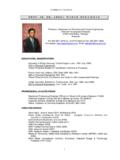
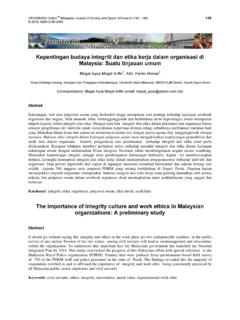
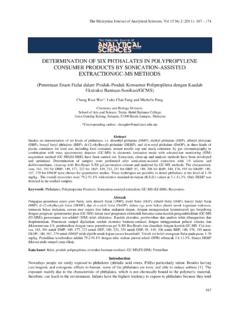




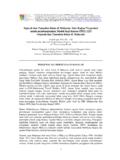

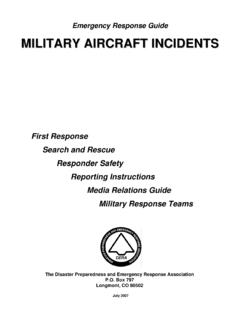

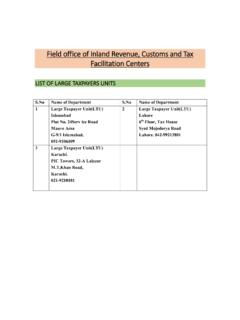
![1[1]THE SOCIETIES REGISTRATION ACT, 1860 (Act XXI of …](/cache/preview/c/4/e/2/e/c/f/c/thumb-c4e2ecfc8312d84140c7c28b0227d684.jpg)

